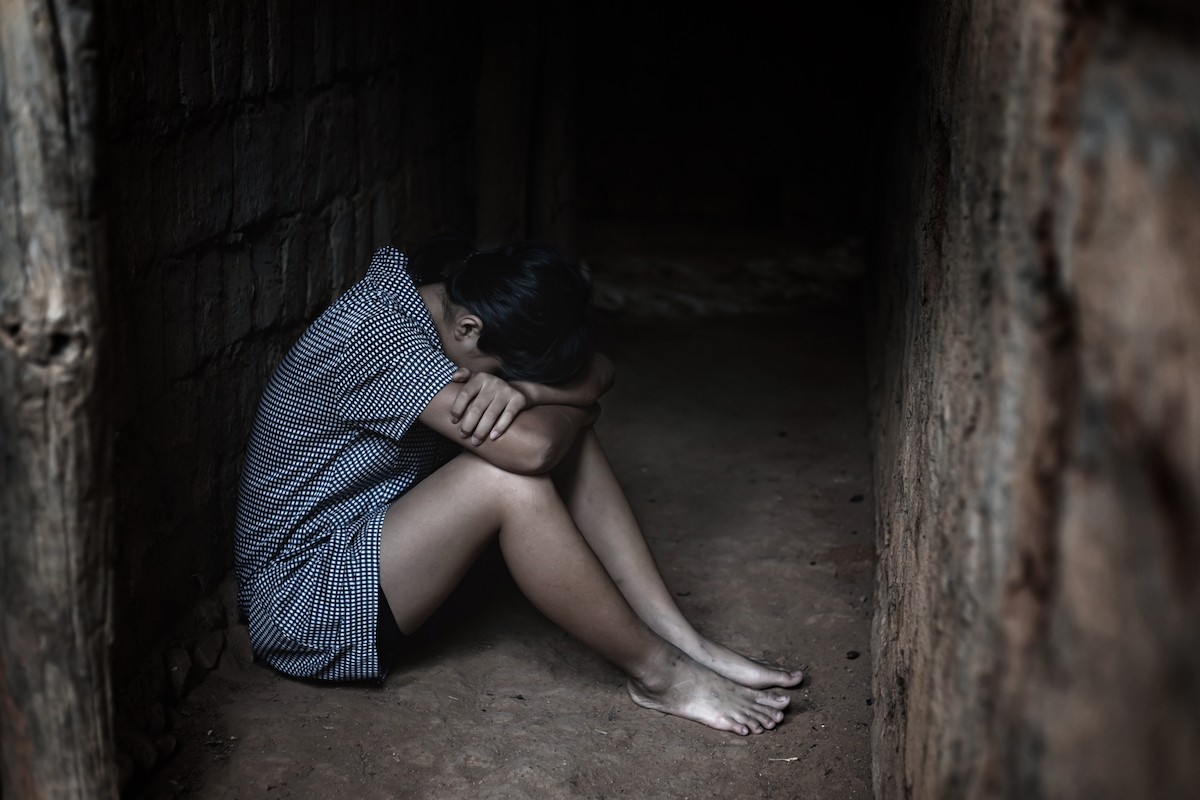A report published by the Walk Free Foundation revealed that more than 50 million individuals in 2021 were victims of modern slavery globally.
The latest Global Slavery Index identified 10 countries with the highest prevalence of modern slavery – North Korea, Eritrea, Mauritania, Saudi Arabia, Türkiye, Tajikistan, United Arab Emirates, Russia, Afghanistan, and Kuwait.
These countries have been grappling with the distressing reality of forced labor and exploitation. The report said G20 nations play a major role in perpetuating forced labor within global supply chains.
These countries import products worth an astounding US$468 billion annually, and among them, India, China, Russia, Indonesia, Türkiye, and the United States have the highest number of people living in modern slavery.
It also highlighted the impact of climate change, which has exacerbated the problem, leading to the displacement of vulnerable communities and increasing their risk of exploitation.
Sectors like mining, logging, textile/garment manufacturing, and even renewable energy industries have been found to rely on forced labor, contributing to environmental degradation.
Grace Forrest, the founding director of Walk Free, emphasized the urgent need to combat trafficking and slavery. “Modern slavery permeates every aspect of our society.”
The Global Slavery Index’s estimates are based on extensive interviews with survivors collected across 75 countries. “Modern slavery” encompasses exploitative situations where individuals are unable to refuse or leave due to threats, violence, coercion, or deception, such as forced labor, prison labor, debt bondage, forced marriage, forced commercial sexual exploitation, and the sale and exploitation of children.
The report’s rankings reveal North Korea as the worst affected, with over 1 in 10 people estimated to be in conditions of modern slavery. Eritrea follows closely, with around 9 in 100 people subjected to modern slavery. Mauritania, Saudi Arabia, Tajikistan, and the United Arab Emirates also face significant challenges in addressing modern slavery, affecting a significant portion of their populations.
The human rights group urged governments, businesses, and civil society to join forces in tackling modern slavery head-on. Urgent and coordinated action is needed to protect and support the millions of victims trapped in this grave violation of human rights.
